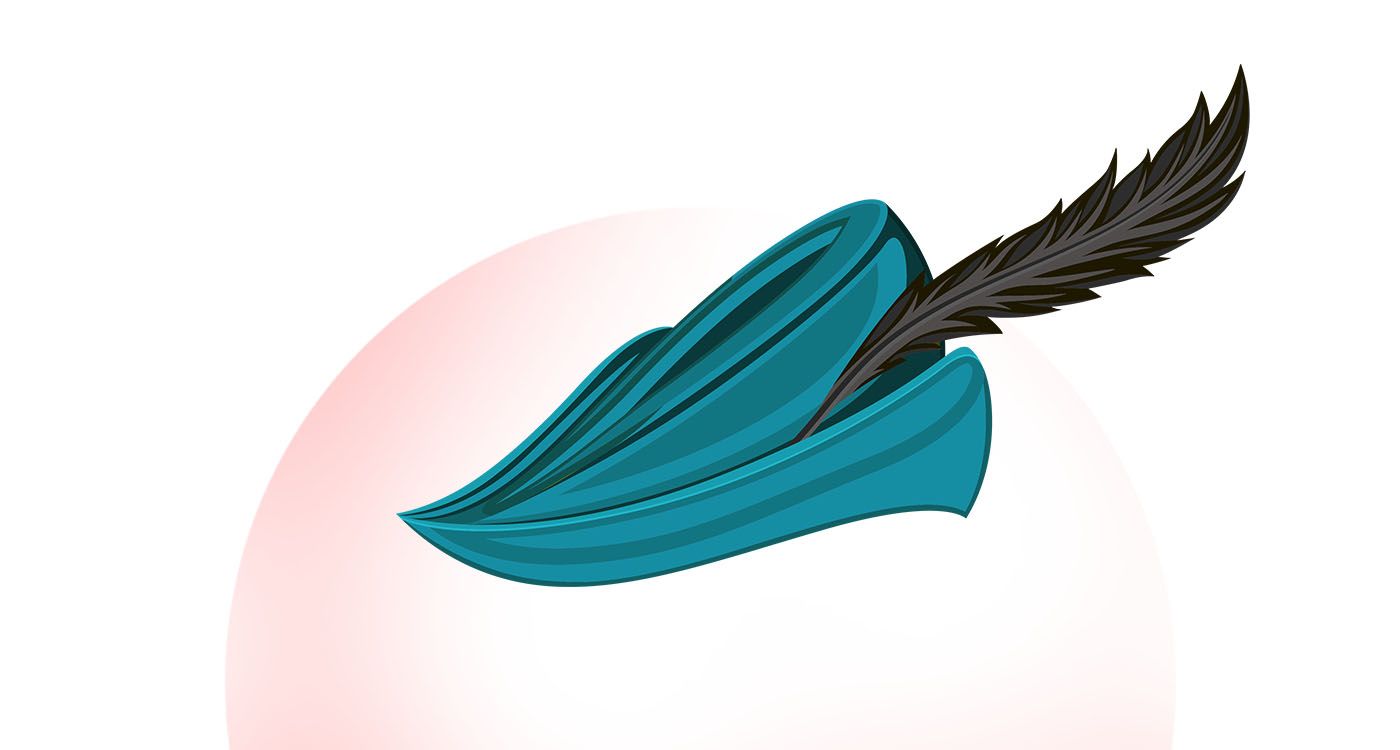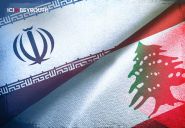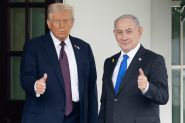
Once upon a time, there was a man named Robin Hood. A popular hero of English folklore, he stole from the rich to give to the poor… only to end up betrayed by his own.
Since then, many have dreamed of becoming justice warriors. But between legend and reality, the myth quickly crumbles.
In Lebanon, amidst economic and social collapse, Kulluna Irada presents itself as an agent of change, a bearer of justice and reform. But behind the slogans and media appearances, contradictions pile up.
Declared Independence, Locked-in Funding
Founded in 2017, Kulluna Irada claims political and financial independence. Yet much of its funding comes from donors within the wealthy Lebanese diaspora and from controversial international networks — including foundations linked to George Soros, a central figure in the global financing of so-called progressive causes.
The paradox is glaring: how can an organization backed by elites claim to defend the oppressed? Especially when some of its benefactors profited from the economic crisis while the people sank deeper into poverty.
A Well-Oiled Influence Machine
Behind its citizen-driven rhetoric, Kulluna Irada executes a meticulous political strategy: discreet lobbying, direct ties with certain “Change” MPs, and public image management through think tanks and friendly media. Its parliamentary allies, elected in 2022, often act as agenda couriers, wrapping externally conceived projects in the language of citizen reform.
The narrative is simple: an “enlightened people” versus “corrupt politicians”. But this binary framing conceals Lebanon’s complex social, sectarian, and historical realities.
Above all, it avoids any challenge to class structures.
Silencing Dissent, Controlling the Narrative
Kulluna Irada doesn’t just campaign — it funds several so-called “progressive” media outlets, consolidating its grip on public narrative. This dominant position not only amplifies its ideas but also targets any critical voices — including intellectuals and activists who dare to question its methods.
Accusations of “populism” or “conspiracism” fly as soon as a dissenting voice emerges, creating a climate of disguised censorship.
A Telling Silence
While publicly opposing the powerful, Kulluna Irada remains oddly silent on Hezbollah — a central player in Lebanon’s political and military life. This strategic silence raises a key question: can we truly speak of structural reform when the core of power is carefully avoided?
To some observers, the organization serves as a bridge between local elites and Western governance standards, offering a progressive veneer to an unchanged system.
Robin Hood… On Contract?
Behind the mask of the justice warrior, Kulluna Irada resembles less a popular revolution and more a project of clean, cosmetic management of the system. No wealth redistribution, no break from the established order — just a technocratic reorganization to suit international donors.
The people are summoned as scenery but rarely involved.
Cosmopolitan Elites at the Helm
A quick glance at Kulluna Irada’s executive committee says it all. Its members are corporate lawyers, heads of international firms, academics, or high-level investors. This committee represents a globalized elite — economically powerful, culturally connected, but socially distant from everyday Lebanese realities.
Can we still call it a “popular movement” when those pulling the strings live between Beirut, Paris, New York, and Geneva?
Beneath the costume of the modern Robin Hood, some see a Trojan horse for Lebanon’s new bourgeoisie — cosmopolitan, connected, and media-savvy.
An elite that knows how to speak on behalf of others but shares neither their daily life… nor their struggle.




Comments